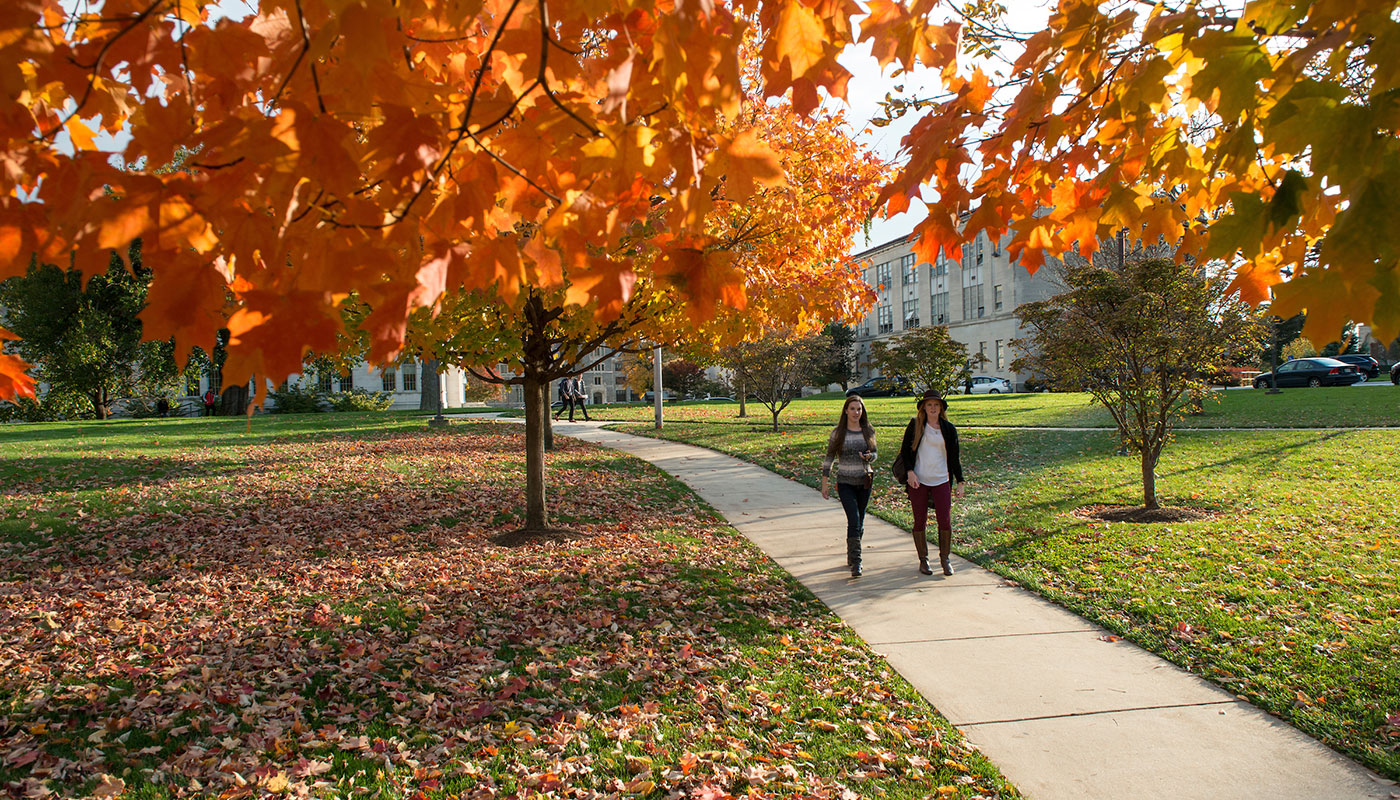Students and their families should visit this resource when they have questions about our COVID procedures. Any questions related to student life that have not been answered should be directed to: deanofstudents@cua.edu.
Updated March 4, 2024
COVID FAQs
-
What are University Recommendations Related to COVID?
On March 1, 2024, the Centers for Disease Control and Prevention (CDC) provided updated guidance for Preventing the Spread of Respiratory Viruses including COVID. The University encourages students to do the same. The bulk of our COVID FAQs are based on CDC guidance as of March 1, 2024. Students who are exhibiting COVID systems should feel free to contact Student Health Services with any health-related questions or concerns. -
I have COVID symptoms; should I take a COVID test?
Yes. If you have symptoms, you should test as soon as possible. If you are only going to take a single test, a PCR test will provide a more reliable negative test result. If you use an antigen test, a positive result is reliable, but a negative test is not always accurate. If your antigen test is negative, take another antigen test after 48 hours or take a PCR test as soon as you can.Students should call Student Health Services at 202-319-5744 and talk to a healthcare professional who will discuss their symptoms and determine if testing is necessary. When arriving for a scheduled appointment, students with symptoms will need to call the office when they arrive and wear a face covering.
-
What do I do if I test positive for COVID-19?
Stay home and away from others (including people you live with who are not sick) if you have COVID. These symptoms can include fever, chills, fatigue, cough, runny nose, and headache, among others. You can go back to your normal activities when, for at least 24 hours, both are true:
- Your symptoms are getting better overall, and
- You have not had a fever (and are not using fever-reducing medication).
When you go back to your normal activities, keep in mind that you may still be able to spread the virus that made you sick, even if you are feeling better. You are likely to be less contagious at this time, depending on factors like how long you were sick or how sick you were.
If you develop a fever or you start to feel worse after you have gone back to normal activities, stay home and away from others again until, for at least 24 hours, both are true: your symptoms are improving overall, and you have not had a fever (and are not using fever-reducing medication). Then take added precaution for the next 5 days.
-
Do I need to have a negative test to end isolation?
No. You can go back to your normal activities when, for at least 24 hours, both are true:
- Your symptoms are getting better overall, and
- You have not had a fever (and are not using fever-reducing medication).
When you go back to your normal activities, keep in mind that you may still be able to spread the virus that made you sick, even if you are feeling better. You are likely to be less contagious at this time, depending on factors like how long you were sick or how sick you were.
If you develop a fever or you start to feel worse after you have gone back to normal activities, stay home and away from others again until, for at least 24 hours, both are true: your symptoms are improving overall, and you have not had a fever (and are not using fever-reducing medication). Then take added precaution for the next 5 days.
-
Is there an on campus testing center?
The University is no longer operating a testing center. Students can access antigen testing or PCR testing at Student Health Services. -
If I use a non-campus testing center or at-home antigen test and test positive, should I tell someone at Catholic?
Yes. Students who test positive for COVID-19 should inform the Dean of Students so that we can provide support and guidance. Students should also contact Student Health Services for additional medical guidance if symptoms develop or if your condition is worsening.
-
Do I need to disclose to my classmates or professors if I’ve tested positive?
As with any illness, students should contact their professors and the Dean of Students directly to alert the relevant individuals that the student is ill and unable to attend classes.
Faculty have been instructed to maintain students’ privacy throughout this process. If a student contacts an instructor about an illness, it is improper to share that information with the class. The student, however, may share that information with others.
Students who test positive should tell their close contacts (individuals who have been within 6 feet for longer than 15 minutes during a 24 hour period), so that those individuals can evaluate to determine whether or not COVID-19 testing is necessary.
-
If a students tests positive for COVID-19, instead of isolating in DC, will they permitted to go home?
Yes. Any student who tests positive and requires isolation may return home if they could do so safely, such as by having a family member or guardian pick them up from campus. However, a person who tests positive for COVID-19 should generally not use public transportation to travel home.

